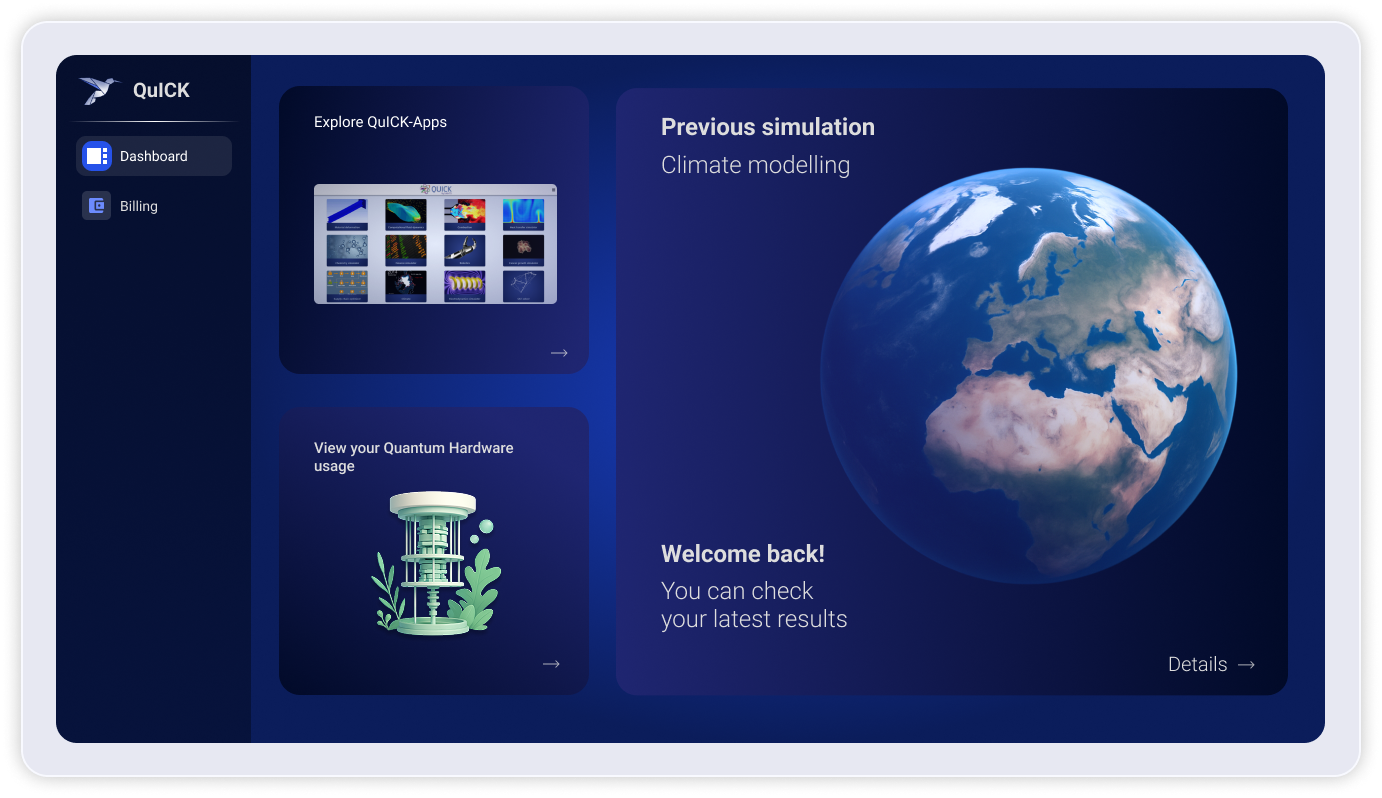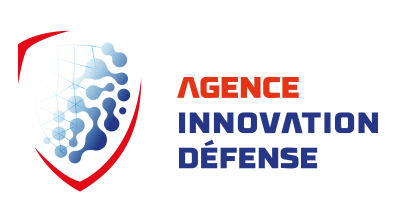


















Discover more about the Quantum Revolution.
In simple terms, a quantum computer is a processor that takes advantage of the laws of quantum mechanics in order to perform computations. It uses quantum bits, qubits, which process information in a different manner than classical bits that represent either zero or one. Namely, the concepts of superposition and entanglement of qubits provide quantum computers with abilities that classical computers are incapable of.
Superposition is defined as a quantum principle, which refers to a physical system that exists in many simultaneous states based on a set of solutions.
Entanglement of states refers to states being quantum mechanically linked to one another.
Qubits are a quantum-friendly analogue of classical bits. In a classical setting, information is encoded with bits, which have the value zero or one – these are known as binary digits. Instead of this, the quantum state of a qubit can be represented using orthonormal basis vectors or a linear combination of these vectors accompanied by probability amplitudes with complex values.
For example, a qubit could be in a state in which it has a 50% probability of being measured as zero, as well as a 50% probability of being measured as one. This enables us to represent two classical bits at the same time.
In a nutshell, a qubit takes advantage of the superposition phenomena to realize a linear combination of two states.
Quantum computing is developing and growing fast and will keep doing so in the upcoming years.
Although we cannot exactly predict what the future will bring, the future of quantum computing has the potential to make extremely significant contributions to science. For example, it could be used to solve unfathomably difficult open problems in mathematics – or even used to find breakthrough methods in battling climate change. Right now, we are right on the edge of a quantum computing revolution.
Even though one can learn the basics of quantum computing between 0.5 to 1.5 years, mastering the skills to the level where one can use them for commercial purposes takes about three years of intense studying.
However, if you want to spare yourself from having to study hours of linear algebra and quantum algorithms, we will get any relevant tasks done for you in a small fraction of this time. (Our solutions)
If you have a strong background in physics, computer science, mathematics or a closely related field, quantum computing can be a very fulfilling career choice for you. There is currently a lot of need for engineers and developers in quantum computing in the fields of artificial intelligence, software development and even healthcare.
The quantum computing industry is quite large, and continuously growing. It’s the perfect time to take the next step in your career and join the quantum revolution.
For open positions specifically at ColibrITD, take a look at our Careers page.
Quantum computing has special advantages when it comes to optimization problems. The key lies in its capability of leveraging entanglement as well as quantum parallelism, namely, performing a very large number of operations in parallel. This is a big difference from classical computing and information processing, as it is tremendously faster than the classical alternatives.
Although the quantum industry is becoming more and more welcoming to women and other underrepresented individuals in physics and computer science, it is still very male-dominated. On average, very few job applicants in the industry as well as academia are women, which means that the quantum computing industry is potentially missing out on a lot of innovation and talent.
In order to combat this issue, it’s crucial for quantum computing companies and research groups to collect data from their hiring process and practices – as well as encourage minority applicants through various means.
At ColibriTD, our mission is to ensure equal opportunity, but to also encourage applications from women and other minorities in the field of quantum computing. We believe that diversity makes our team stronger and provides the potential for more innovation.
Quantum computing is secure in its current form, as quantum computers don’t have the capability of breaking the current forms of encryption - yet. Nevertheless, it’s important for us to take precautions, and start coming up with quantum-proof solutions, as the quantum technology is developing and improving fast.
Our current forms of encryptions take a regular computer an extremely long time to decode. For example, the RSA encryption, which is commonly used, can require as much as 70 million qubits in order to break the encryption. The largest and most powerful quantum computers do not reach this capacity, and it could be a while until such encryptions can be broken using quantum computing.
Quantum Computing is a rapidly emerging field that is composed of aspects from physics, computer science and mathematics. In a nutshell, it’s a new approach to computing extremely complex problems quickly by taking advantage of the principles of fundamental physics.
More specifically, the “quantum” in “quantum computing” refers to quantum mechanics that are used to perform computational tasks. In theoretical physics, quantum is the smallest discrete unit of an interaction.
The 5th Industrial Revolution is marked by the rapidly growing technologies, including artificial intelligence and quantum computing. This revolution is likely to provide solutions to some of our most vital problems, as quantum computers can simulate complex chemical and physical phenomena, and even offer more insight to issues such as climate change.
Specifically, quantum computing is at the forefront of changing the current computing and technology landscape with the greatest performance boost in history.
Machine learning (ML) is the practice of analyzing large sets in order to draw predictions and inferences. Quantum machine learning (also known as quantum-enhanced machine learning) on the other hand integrates quantum algorithms into machine learning. This is done by taking advantage of quantum operations as well as qubits in order to improve computational speed of a machine learning model.
Simple stated, quantum computers can analyze and process enormous amounts of data much faster than classical computers. Consequently, quantum machine learning has the potential of improving the development of various models, and artificial intelligence in general.
To learn quantum computing, you must have foundational knowledge in physics, mathematics and computer science.
Namely, you must be familiar with the basics of quantum mechanics, and potentially further expand your knowledge to more advanced topics, such as quantum information. When it comes to mathematics, you should be familiar with linear algebra and probability. Familiarity with functional analysis and more advanced matrix theory is also very helpful, as the framework of several concepts in quantum computing are based on these areas of mathematics.
Many topics in computer science are also very relevant in quantum computing, such as theory of algorithms and complexity, information theory, optimization and data structures.
To learn quantum computing, there is plenty of relevant literature available. However, if you are currently enrolled at a university, it is highly recommended to take any applicable coursework.
Unlike with many other applications, it is not very intuitive how quantum computing would be applied to drug discovery. However, the power of quantum computers offers potentially new frontiers in the field of bioinformatics.
Namely, quantum machine learning can provide tremendous benefits to researchers who analyze data relating to genomes, for example. Quantum computing is very attractive to several Big Pharma companies, as it has the potential to predict various drug interactions and even design more effective methods of treatment for numerous conditions.
[description goes here] lorem ipsum is a placeholder text to demonstrate the visual form of a typeface.
[description goes here] lorem ipsum is a placeholder text to demonstrate the visual form of a typeface.
[description goes here] lorem ipsum is a placeholder text to demonstrate the visual form of a typeface.